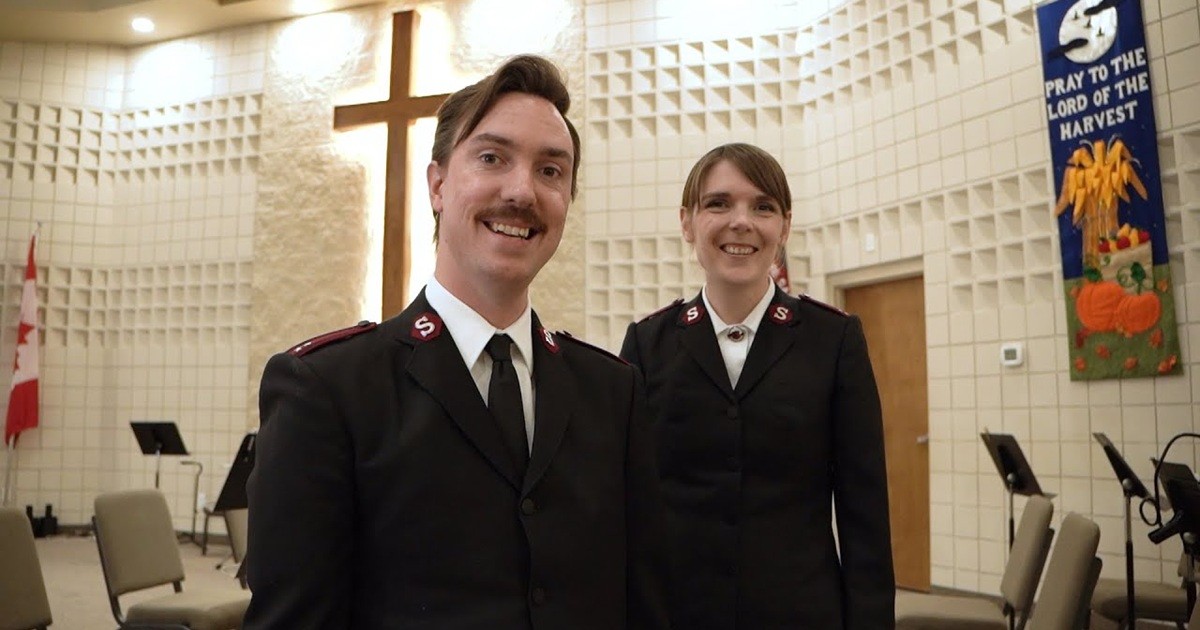 On Thursday 8 January it began to rain in the Western District of Fiji. Not just ordinary rain but torrential rain that continued for three days, dumping more than 700 mm (27 inches) of water on the towns of Nadi and Ba and on the highlands catchment areas. The resulting flood has been described as Fiji's worst-ever natural disaster. Every stream became a river and rivers became uncontrollable torrents that quickly overflowed their banks and rampaged through communities, destroying crops, homes, bridges and roads.
On Thursday 8 January it began to rain in the Western District of Fiji. Not just ordinary rain but torrential rain that continued for three days, dumping more than 700 mm (27 inches) of water on the towns of Nadi and Ba and on the highlands catchment areas. The resulting flood has been described as Fiji's worst-ever natural disaster. Every stream became a river and rivers became uncontrollable torrents that quickly overflowed their banks and rampaged through communities, destroying crops, homes, bridges and roads.
Stories abound of the horror and heroism of those three days. And just when things seemed at their worst, yet another storm system moved through the region causing further flooding although not to the extent at first predicted.
In Nadi, floodwaters went through the main shopping area and into several villages. Some people were stranded on their rooftops for two days waiting for the waters to go down. The Salvation Army hall at Nadi was not flooded and was quickly put to use as an evacuation centre for more than 100 people from the immediate area. Captains Jeremaia and Amelia Naviko and their corps members, some of whom had had their own homes flooded, sprang into action to provide food for the wet and tired evacuees, including one pregnant woman who gave birth at the height of the flood and was housed in as much comfort as possible in a storeroom at the hall.
Captain Jeremaia, a burly former policeman, helped rescue a number of people from the rising floodwaters in their homes. In some houses the water reached the ceiling and the streets were flowing with fast-moving floodwater and debris.
Following the flood, as people returned to their homes to see what was left and what could be salvaged, Captain Jeremaia formed teams, armed with brooms and shovels and a waterblaster, to clean up houses. The divisional leaders met the team at one house in a street where the water level had reached more than two metres. Every item from the home was in a sodden filthy pile on the front lawn. Nothing was salvageable. A large television sat in a deep pool of mud. Mattresses and bedding were saturated and useless. The owner of the house, father of four children, had suffered a double blow with the death of his wife from cancer only a couple of hours before. Captain Jeremaia was bringing as much comfort and support as he could to the family and others in the street.
In Ba, the Salvation Army hall and officer quarters are located close to the Ba River, which burst its banks three times during the week, sending torrents of water through the corps hall. Fortunately, the hall is a two-storey structure. Upstairs is the main hall and offices, while downstairs there is an open area for the kindergarten and Sunday school as well as storerooms and toilet facilities. The downstairs was totally submerged and amazingly the depth of water meant that several inches of water flowed through the upstairs hall and offices as well. The two-storied officer quarters had its ground floor completely submerged. When the waters receded a thick blanket of smelly mud was left behind. The town water supply is not expected to be restored for two months, which makes cleaning up doubly difficult as well as posing health issues.
Corps officers Captains Vilikesa and Sesenieli Bogi watched the rising waters from upstairs at their home, and Captain Vilikesa set out to assist their neighbours. One man was in his house drinking and asked Captain Vilikesa to leave him to die, but was persuaded to abandon his house and take refuge upstairs at the Bogis' house. Captain Bogi had to break down the front door of another house to rescue some women who were also reluctant to leave their home.
Lautoka Corps was not affected by flooding, but more than 50 people in the neighbourhood had to abandon their homes and take refuge at the Army hall. Food was scarce but corps officers Captains Lasarusa and Limaina Turaga, along with social services officer Captain Ulamila Vakawaletabua and corps members, managed to provide meals for the people over a period of several days. One person walked 15 kilometres to Lautoka Corps to receive emergency food supplies.
The Tavua Corps Plant has limited facilities to provide shelter but corps officers Captains Sevanaia and Vakatoto Wawa – with funds provided by Divisional Headquarters – were able to provide emergency food packs for 100 families sheltering at the local school. Up to 700 people were staying at the school; food supplies were virtually non-existent and there were serious health issues because of the overcrowding.
Days after Fiji's worst-ever natural disaster, people are returning to their homes to pick up the pieces of their shattered lives. The task of cleaning up and rebuilding has only just begun and The Salvation Army is already receiving many requests for assistance with basic food items, household goods, and bedding. As parents struggle to send their children back to school for the year, numerous requests are coming in for assistance with the cost of school fees.
The Salvation Army Fiji Division is very grateful to some generous business donors, including Westpac Bank, the Colonial group of companies, DHL and Howards Lawyers as well as personal donors. This has been a terrible disaster for the small island nation and it will take months to begin to recover, but Salvationists continue to affirm: 'God is good – all the time; all the time – God is good.'
Photo: A flood-hit house in Nadi. The wall shows clearly the height reached by the filthy floodwaters
Partners in Mission 2026: Panama | School for the Blind
Salvation Army school is a place where spiritual growth, community, and emotional support come together.
VideosHear a powerful story of someone who overcame depression and cyberbullying through faith, friendship, and the supportive environment of the program.
“I love the mission and the sacred work of The Salvation Army,” says Major Carson Decker, territorial candidates secretary, “sharing the love of Jesus, meeting human needs and being a transforming influence.
“It’s been a beautiful journey, filled with incredible moments, and I can’t imagine doing anything else. And if I had to do it all over again, I would still say yes.”
Call and Commitment 2026: Captains Josh and Kassie Cain
Keep your focus on Jesus, say Salvation Army officers.
VideosEach year, the month of February is designated in our territory as Call and Commitment Month, where we create space for individuals to discern and explore God’s call on their lives. It is a time to reflect, pray, encourage others and journey together as we listen with open hearts to His voice. Captains Josh and Kassie Cain share about their
Read More









Leave a Comment